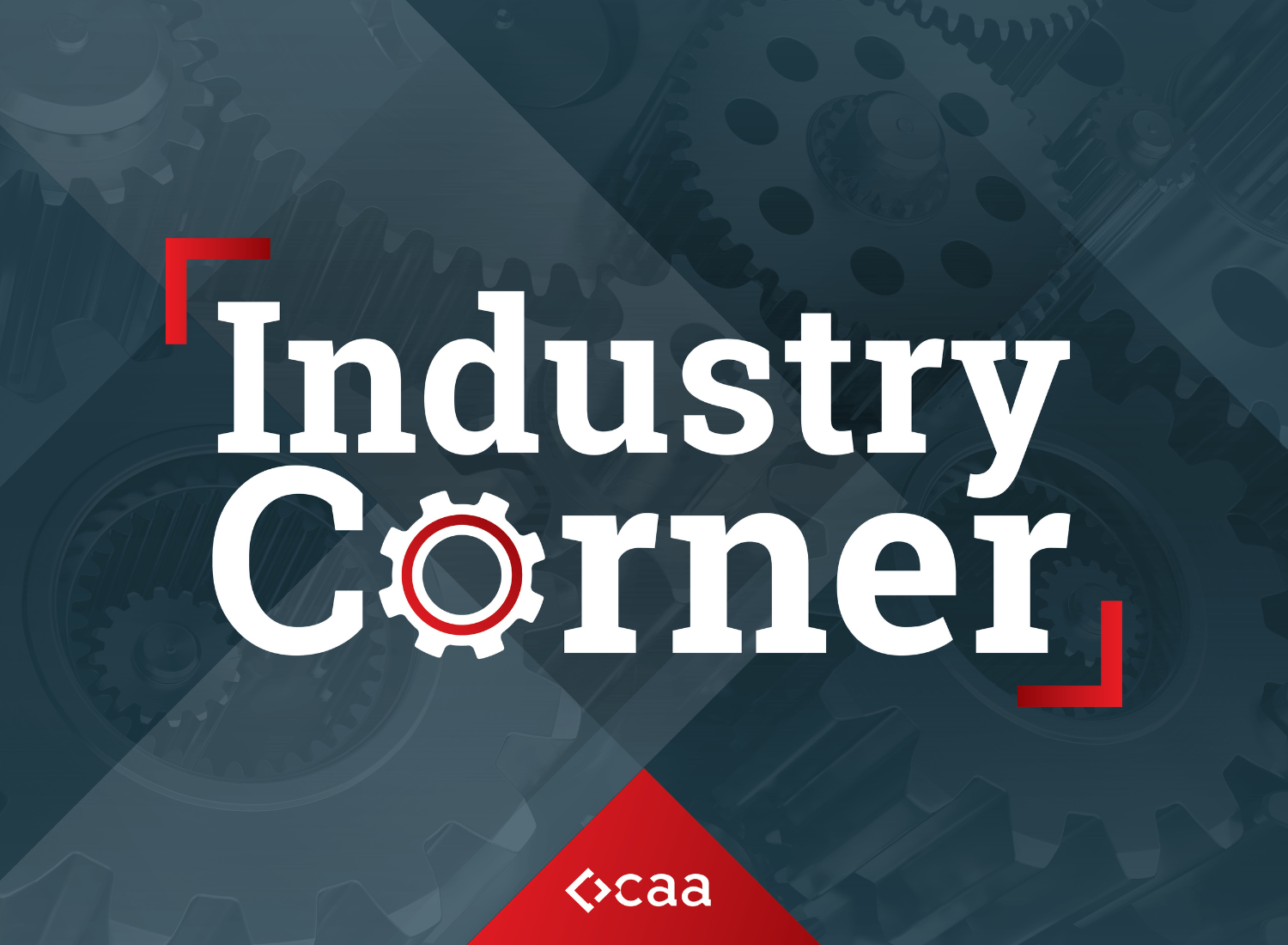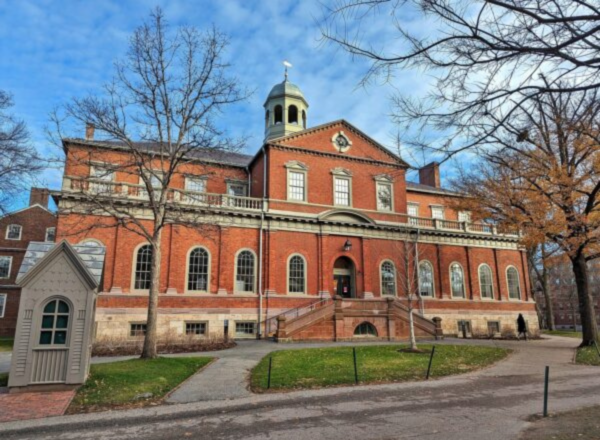AI, workforce top of mind for eds and meds leaders
[fusion_builder_container type=”flex” hundred_percent=”no” equal_height_columns=”no” hide_on_mobile=”small-visibility,medium-visibility,large-visibility” background_position=”center center” background_repeat=”no-repeat” fade=”no” background_parallax=”none” parallax_speed=”0.3″ video_aspect_ratio=”16:9″ video_loop=”yes” video_mute=”yes” border_style=”solid”][fusion_builder_row][fusion_builder_column type=”1_1″ type=”1_1″ background_position=”left top” border_style=”solid” border_position=”all” spacing=”yes” background_repeat=”no-repeat” margin_top=”0px” margin_bottom=”0px” animation_speed=”0.3″ animation_direction=”left” hide_on_mobile=”small-visibility,medium-visibility,large-visibility” center_content=”no” last=”no” hover_type=”none” min_height=”” link=””][fusion_text]
Writer: Ryan Gandolfo
 May 2024 — Philadelphia and the wider region’s institutions of higher learning and medical facilities (eds and meds) play an outsized role in developing new ideas and innovation. But it’s the challenges leaders face in the current environment that could shape Philadelphia’s position as a national leader in future years.
May 2024 — Philadelphia and the wider region’s institutions of higher learning and medical facilities (eds and meds) play an outsized role in developing new ideas and innovation. But it’s the challenges leaders face in the current environment that could shape Philadelphia’s position as a national leader in future years.
During the opening panel of the Invest: Philadelphia 2023–2024 Launch Conference, titled Action plan: The initiatives underway in Philly’s eds and meds sector to create positive outcomes for students and patients, education leaders and former healthcare executives from across Southeastern Pennsylvania delved into the dynamic changes and opportunities within these two key sectors, with a heightened focus on the future healthcare workforce and AI capabilities.
“In all of healthcare, there is a deficit,” said Dr. Abiona Berkeley, interim senior associate dean of diversity, equity, and inclusion and professor of clinical anesthesiology at Lewis Katz School of Medicine at Temple University. “We have a training program that brings people in from high school through nursing, and the hope is that they stay on … . We want to make sure that we are attracting the right applicants, not just for the science of medicine but for the humanity of medicine as well.”
From generating interest to working in the healthcare field at the high school level to shifting community needs, there’s consensus that higher education institutions need to have their finger on the pulse. “Flipping the educational dynamic,” Berkeley said, involves bringing the community in.
As an example, last year, the school of medicine launched training sessions geared toward providing culturally competent care to transgender and nonbinary patients. The training series aimed to create more awareness and educate the school’s medical residents on the wider community needs. Philadelphia is home to more than 60,000 residents who identify as lesbian, gay, bisexual, transgender, and/or queer while 5.8% of adults in Pennsylvania identify as LGBT.
Another topic in identifying how to better serve communities revolves around AI. “Healthcare is 20% of the economy,” said Dr. Tom Beeman, a member of the board of trustees at Salus University. “AI can develop in a lot of different ways.”
Beeman is also an executive in residence for the Haub School of Business at Saint Joseph’s University with an extensive career in healthcare, including his former role as the CEO of Lancaster General Health. The hospital has optimized patient care through the use of AI-driven technology such as The Philips Healthcare Smart Alert technology tele-ICU program, as cited by LancasterOnline. Through sophisticated alarming algorithms, hospital staff can be alerted when something occurs and contact the attending physician if necessary.
One of the closing themes of the panel highlighted the need for greater collaboration. “Higher ed, economics, and industries are changing,” said Dr. Chris Domes, president of Neumann University. “We have to lean into collaboration and partnerships in relationships now more than ever.”
Such partnerships have helped Philadelphia maintain a leading role in research, as exemplified by The Wistar Institute’s Center for Advanced Therapeutics announced in December 2023. The new center will be based within Wistar’s Spruce Street location and position Wistar as a research partner for pharmaceutical companies to advance the future of cancer care.
“We started as a very nimble organization that has been able to take action in these areas, much like our panelists,” said Dr. Kristy Shuda McGuire, dean of biomedical studies at The Wistar Institute.
For more information, visit:
[/fusion_text][fusion_youtube autoplay=”false” mute=”false” hide_on_mobile=”small-visibility,medium-visibility,large-visibility” structured_data=”off” video_upload_date=”” video_duration=”” video_title=”” video_desc=”” id=”https://youtu.be/lmRCXT-4vVs” alignment=”center” /][/fusion_builder_column][/fusion_builder_row][/fusion_builder_container]














